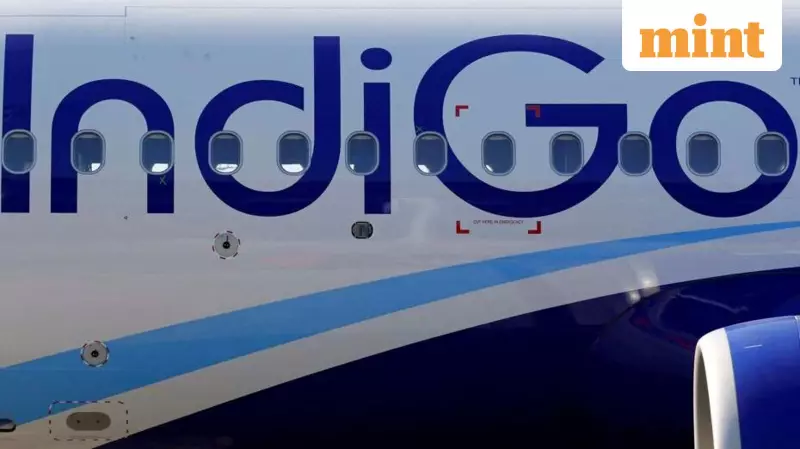
India's aviation landscape witnessed a fascinating paradox as InterGlobe Aviation, operating under the IndiGo banner, unveiled its second-quarter financial performance. While the numbers painted a picture of robust health, the underlying strategy revealed a cautious captain preparing for potential turbulence ahead.
The Profit Surge: Soaring Beyond Expectations
IndiGo's financial engines roared to life in Q2, posting a staggering net profit of ₹1,295 crore. This remarkable turnaround from last year's ₹1,583 crore loss demonstrates the airline's recovery trajectory. The revenue streams flowed generously too, with total income climbing to ₹17,573 crore from the previous year's ₹15,502 crore.
The passenger count told its own success story: IndiGo flew approximately 26.3 million passengers during the quarter, commanding an impressive 63.3% market share in India's domestic aviation space. The airline's capacity, measured in available seat kilometers, expanded by 27.2%, while revenue passenger kilometers grew by 33.4%.
The Cash Cushion: Preparing for Rainy Days
Beneath the surface of these celebratory numbers lies a more strategic narrative. IndiGo has been quietly building a formidable war chest, with cash and cash equivalents swelling to ₹19,199 crore as of September 30. This represents a significant jump from ₹16,553 crore just three months earlier.
Why would a profitable airline aggressively stockpile cash? The answer lies in the volatile nature of the aviation industry and emerging challenges that could test even the strongest carriers.
Navigating Potential Headwinds
Several factors are prompting IndiGo's cautious approach:
- Supply Chain Disruptions: The aviation industry continues to face aircraft delivery delays and maintenance challenges
- Fuel Price Volatility: Global oil prices remain unpredictable, directly impacting operational costs
- Economic Uncertainties: Broader economic factors could affect travel demand in coming quarters
- Competitive Pressures: The Indian aviation market is witnessing renewed competition and capacity expansion
Leadership's Strategic Vision
Gaurav Negi, IndiGo's Chief Financial Officer, emphasized the company's balanced approach: "While we celebrate our strong operational performance, we remain vigilant about the challenges ahead. Our strengthened balance sheet provides the flexibility to navigate potential market fluctuations and seize strategic opportunities."
The airline's strategy reflects lessons learned from past industry cycles where cash reserves became critical for survival during downturns. By building this financial buffer, IndiGo positions itself to weather potential storms while continuing its growth trajectory.
Fleet Expansion and Operational Excellence
Despite the cautious financial approach, IndiGo continues to aggressively expand its operations:
- The airline added 18 new aircraft during the quarter, bringing its total fleet to 334 aircraft
- International routes continue to be a growth focus, with capacity increasing by 40.8% year-over-year
- The airline maintained strong operational reliability with a technical dispatch reliability of 99.83%
Market Implications and Future Outlook
IndiGo's dual strategy of pursuing growth while preparing for challenges sends a clear message to the industry. The airline's dominant market position, combined with its financial prudence, creates a formidable competitive advantage.
Industry analysts view this approach as both smart and necessary, given the capital-intensive nature of aviation and the historical vulnerability of airlines to external shocks. The cash reserves provide IndiGo with multiple strategic options, from weathering economic downturns to acquiring distressed assets or accelerating expansion when opportunities arise.
As India's aviation market continues its recovery journey, IndiGo's Q2 performance and strategic cash accumulation suggest the airline is determined to maintain its leadership position while being prepared for whatever economic weather lies ahead.






